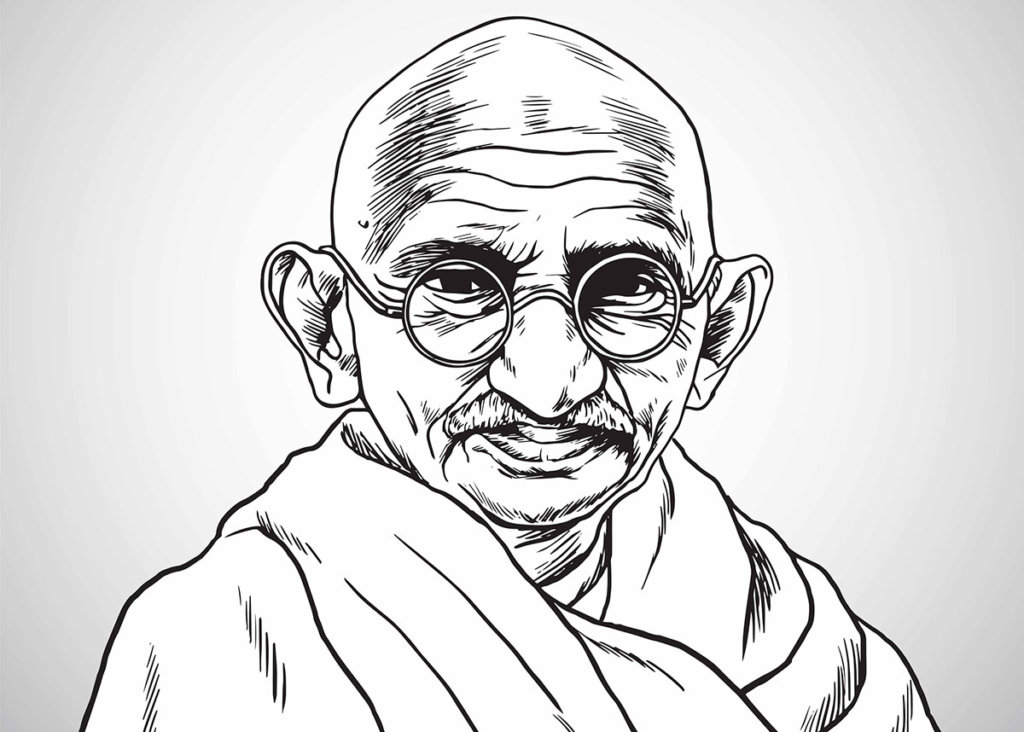A controversy has erupted over erection of Gandhi statue in Malawian city of Blantyre with people opposing its construction and the government backing the project.
While some young activists in the city are calling Gandhi racist, the Malawian government is supporting the construction calling him “a role model for African activists.”
The construction of the statue is part of a deal where the Indian government will finance $10 million for the construction of an arts conference center in Gandhi’s name provided the African country erects a statue of Gandhi. India plans to replicate this center in none other African cities, German broadcaster Deutsche Welle reported.
Young activists, that are opposed to this move, have launched a campaign “Gandhi Must Fall” to voice their concerns both online and offline. Some of the protesters are terming Gandhi as “racist” and some see his statue as irrelevant for the people of Malawi.
The broadcaster quoted a young activist named Mpambira Aubrey Kambewa, as saying, “There are several publications by him which have never been retracted in which he says some very racially motivated things against black people.”
He and some others have said that many Malawians don’t even know about Gandhi and his works, which makes the statue even more irrelevant for them.
One Twitter user called Mike tweeted saying, “The statue has no relevance to Malawi in every angle you can think of. I think the statue erection is ill conceived idea for the two government. What does it mean to us. What stories are we going to tell about it?”
However, Kambewa said that he is not opposed to the relationship with India. He was quoted by Deutsche Welle as saying, “We do not want to forgo the development or whatever good relationship with the Indian government. We have a shared history with the Indian government.”
The Malawian government, however, has supported the move to install Gandhi’s statue. The Ministry of Foreign Affairs and International Cooperation issued a statement on Oct.11 saying that the aim behind the construction is to recognize Gandhi’s role in anti-colonialism struggle in Africa and India, news portal Malawi24 reported.
“It should be recognized that Mahatma Gandhi promoted values of simplicity, fight against social evils, promoting human and civil rights as well as uplifting of social wellbeing of people. It is also worth noting that all African freedom fighters that fought against colonialism and oppression and thus demanded independence were influenced by what Mahatma Gandhi fought for,” the portal quoted the Government as saying.
The landlocked Malawi, earlier called as Nyasaland, was a former British protectorate and became free in 1964. Since then it has had a diplomatic relationship with India. India provides Malawi with “grant assistance, scholarships and technical assistance in the areas of agriculture, trade, health, mining, and local government,” according to the report.
Gandhi lived in South Africa for a while, where he had gone to practice law. In June 1893, when he was on his way to Pretoria by train, a white man objected to his presence in a first-class compartment. He was ordered by the conductor to move to the van compartment at the end of the train and when he refused, he was removed. This prompted him to stay on in South Africa and fight racism against Indians there.
